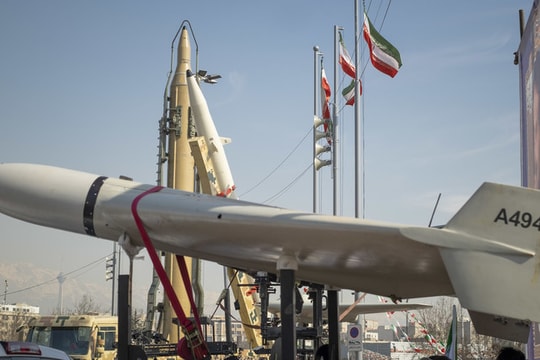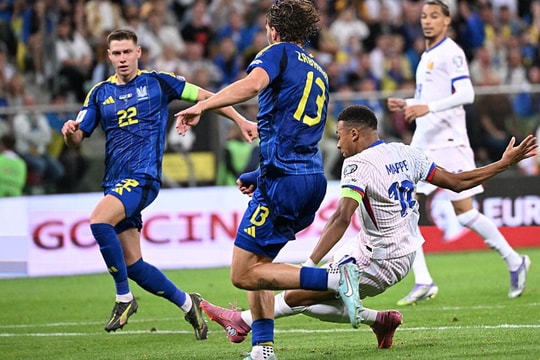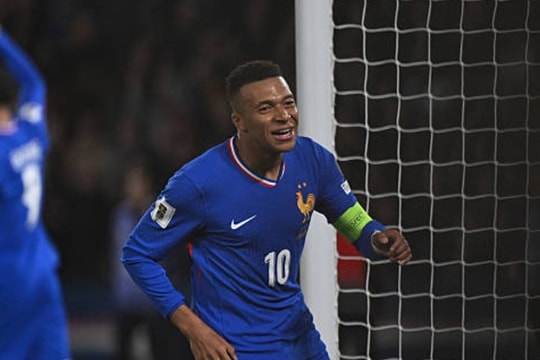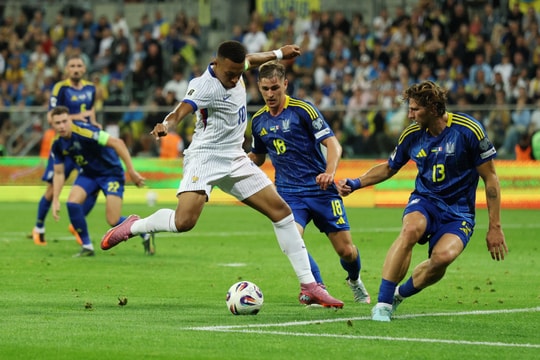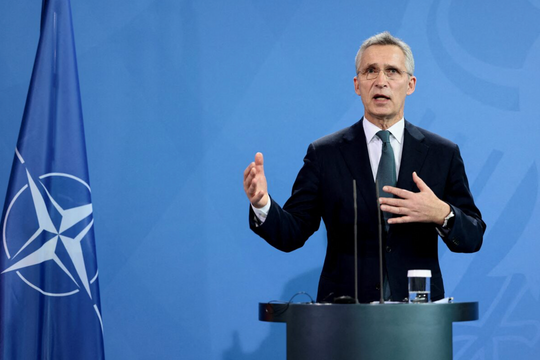Ukraine 'closes' historic deal with France, will soon have Rafale fighters and state-of-the-art air defense
Ukrainian President Volodymyr Zelensky is expected to finalize "historic" military agreements with France today (November 17), aiming to significantly strengthen air defense and missile capabilities and especially add modern fighter jets to the Ukrainian army.
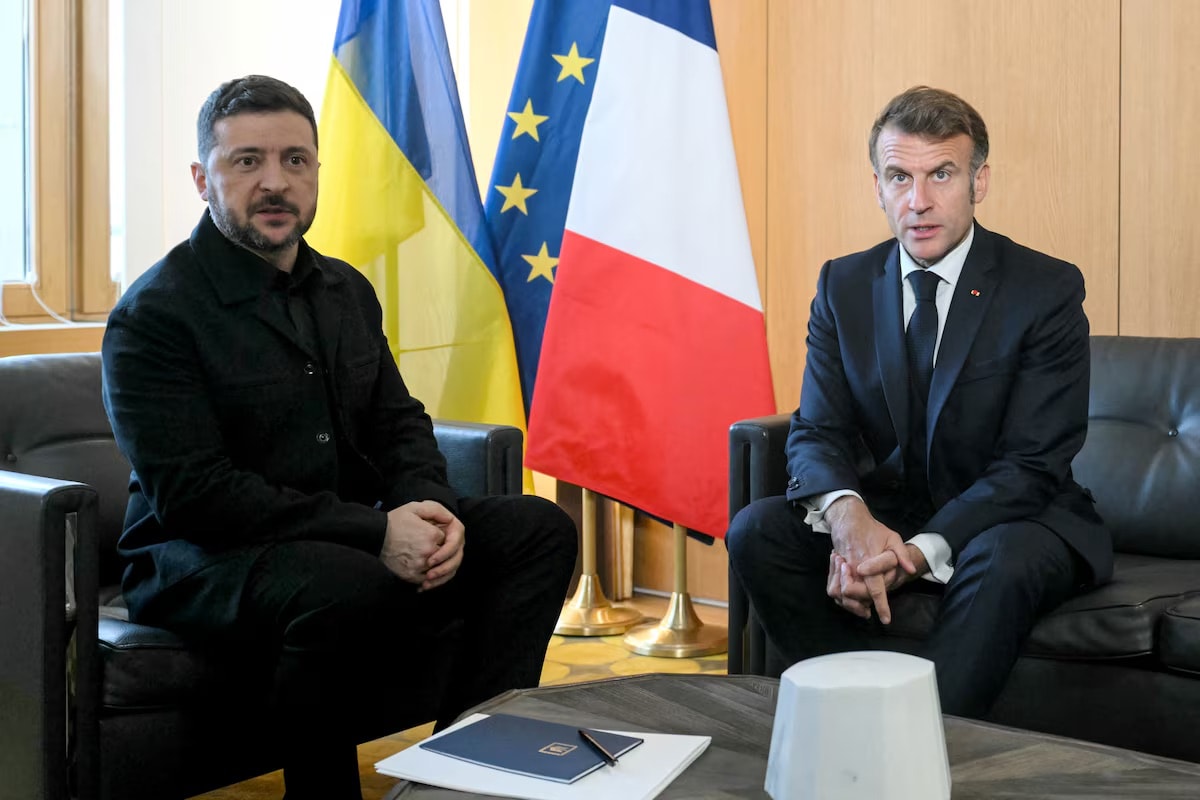
Mr Zelensky's visit to Paris and talks with French President Emmanuel Macron came shortly after Western media reported that Russia had stepped up drone and missile attacks, while reports noted advances on the ground in Zaporizhzhia.
Ahead of the visit, Mr. Zelensky confirmed on social network X (formerly Twitter) about an important turning point: “A historic agreement has also been prepared with France - there will be a significant reinforcement of our combat aviation, air defense and other defense capabilities. According to the schedule, this will take place on Monday.”
With France facing budget challenges, sources close to the visit revealed that the Ukrainian president will bring more than previous commitments. The focus is on the 10-year Strategic Aviation Agreement - a clear signal about the transfer of Rafale multi-role fighters produced by Dassault.
As for the Rafale, a small portion may come from the French stockpile. However, the bulk will be long-term orders, supporting Ukraine’s long-term goal of increasing its fleet to 250 aircraft, including US F-16s. Training pilots for this advanced fighter will take time.
Kiev will also receive additional advanced SAMP/T air defense systems (using Aster 30 missiles) from existing stocks or through new generation orders, including missiles and anti-drone systems.
The French presidency stressed that the aim of the agreements is to "put the excellence of the French arms industry at the service of Ukraine's defense" and "allow Ukraine to procure the systems needed to respond to Russia."
In addition to the signing meetings, an afternoon forum will connect Ukrainian and French companies in the drone sector, aiming to maximize the possibilities of cooperation and joint production.
It is part of a broader strategy led by France and Britain to create an international coalition they say will ensure Ukraine has enough long-term military and economic aid and maintains a strong military capable of deterring any potential future attack.

